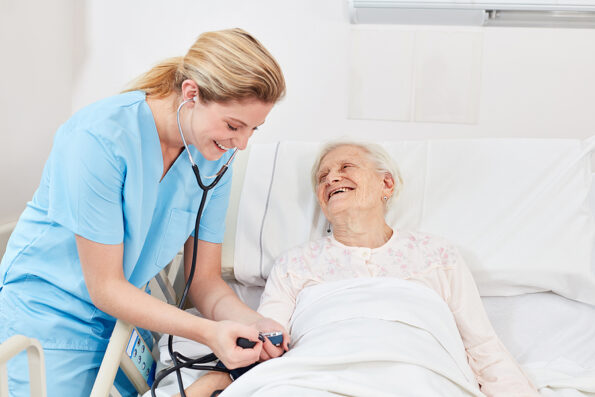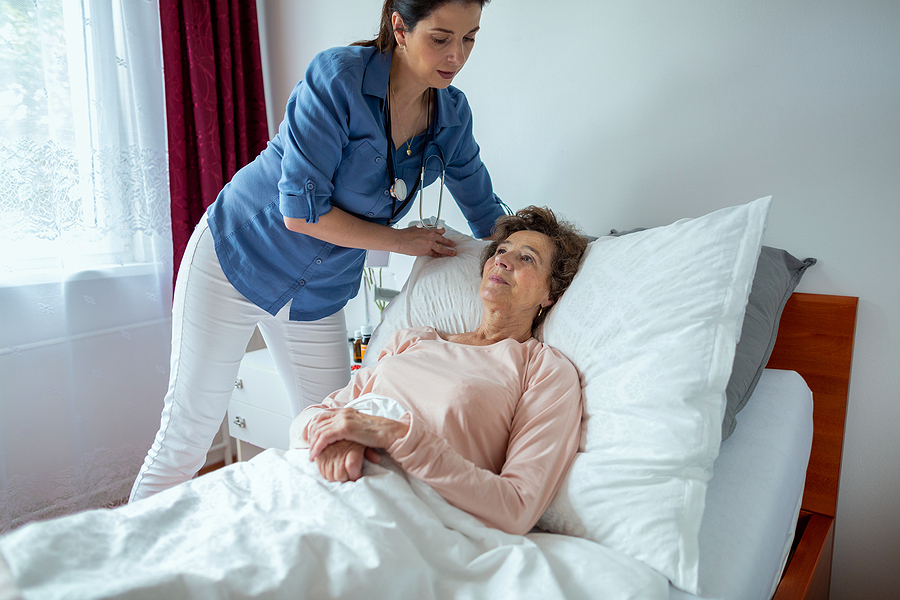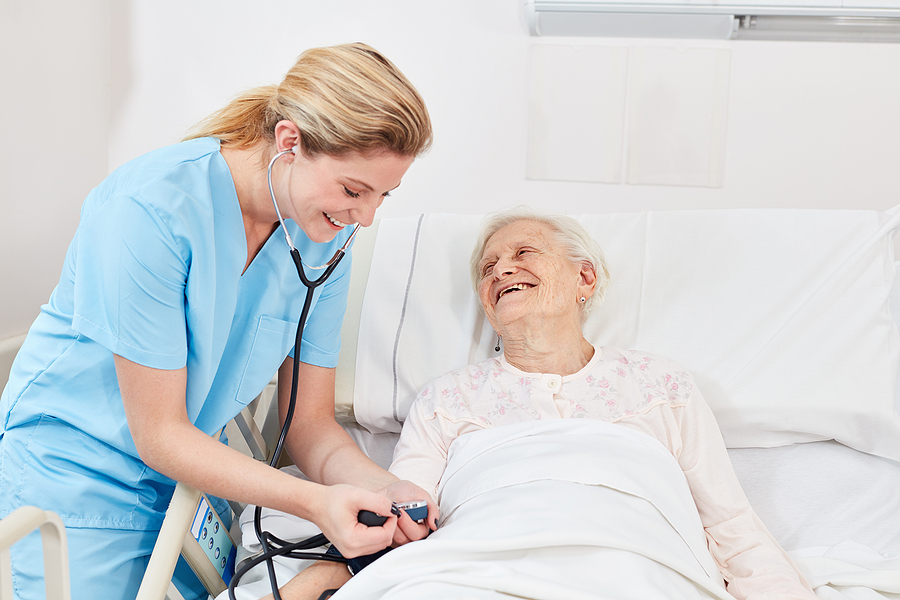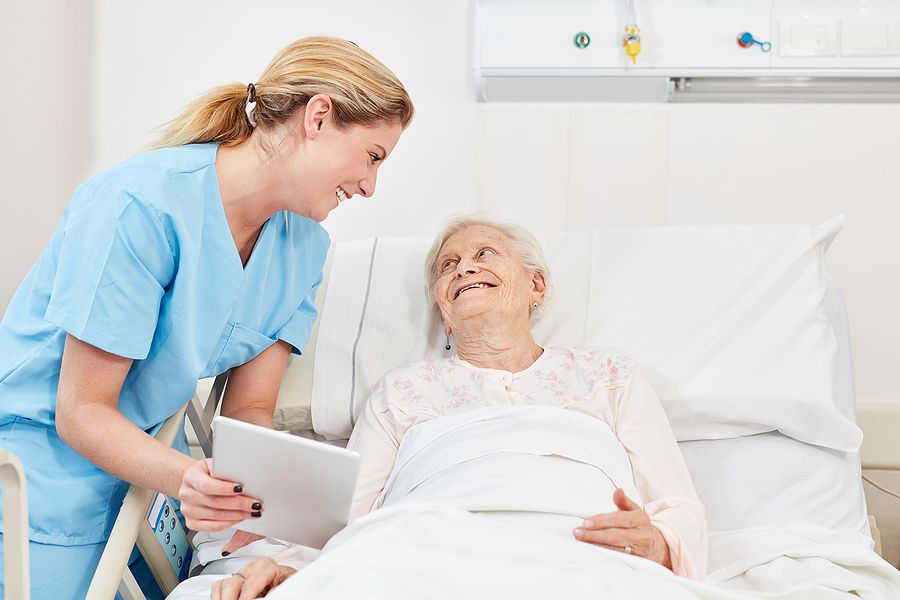Nursing is one of the most diverse careers you can enter. No two areas of the nursing field are the same and the specialty that you choose will make a huge difference to your duties and responsibilities.
Nursing is one of the most rewarding and inspiring fields of medicine. As a registered nurse, you can change the lives of hundreds of patients every day and help them to regain full health.
If you have a strong interest in a particular area of medicine, becoming a specialist nurse might be the perfect option to fulfill your passions.
Before you choose which specialty to pursue, you should first check the requirements for entry. You may need to do further study and gain additional qualifications to practice within a particular specialty.
Here are seven types of nursing specialties to consider if you want to enter a nursing career.
Family Nursing
Family nursing involves treating patients of all ages, from infancy to elderly adulthood. Family Nurse Practitioners can work in a variety of healthcare settings, including hospitals, community practices, and schools.
To become a Family Nurse Practitioner, you need to already be a qualified Registered Nurse. You will then need study the Wilkes FNP program, which enables you to become an expert in family nursing.
Family Nurse Practitioners to identify illnesses and diseases in patients of all ages. They may use diagnostic tests and take blood samples to confirm a diagnosis, so that they can create personalized treatment programs alongside the rest of the medical team.
Neonatal Nurse
If the idea of working with newborns fascinates you, becoming a Neonatal Nurse might be a great option.
Neonatal Nurses work in intensive care units and help to treat high-risk neonates (newborns). High-risk newborns may have been born prematurely or they could have an emergency medical health condition, such as cardiac issues or birth defects.
Most commonly, Neonatal Nurses work in the emergency areas of hospitals but some may work in the community.
To become a Neonatal Nurse, you will need to already be a qualified, licensed Registered Nurse. After this, you will need to obtain a Neonatal Resuscitation Program certification.
Infection Control and Infection Prevention Nurse
Working in the infectious diseases department can involve identifying and managing different infectious diseases or viruses.
You may work in hospital settings or primary care settings in the community. You will need to obtain a Certification in Infection Prevention and Control (CIC), which you can study after obtaining your Registered Nurse qualification.
Infection Control and Infection Prevention Nurses work as part of a larger team to ensure the right support is provided to medical works and patients.
Nurse Anesthetist
A Nurse Anesthetist of a type of Advanced Practice Registered Nurse (APRN) that administers anesthetic drugs and pain medications to patients for various reasons.
As they administer anesthesia, they will observe vital signs and make any necessary adjustments to the dosages. It’s a job that requires a high level of skill and attention to detail to ensure patients remain stable after receiving the anesthetic drugs.
To become a Nurse Anesthetist, you need to be a licensed Registered Nurse with a Master’s of Science in Nursing with a specialization in anesthesiology. Before you can practice legally, you will also need to obtain an anaesthesiology-specific license.
To obtain a certification in anesthesiology, you will need to have accumulated over 3,000 hours of clinical practice and you’ll need to pass an examination provided by the National Boards of Certification and Recertification of Nurse Anesthetists.

Geriatric Nurse
Geriatric nurses specialize in providing care to elderly patients. This field of nursing has a rising demand due to the increasing population.
Most likely, you will work in a care home, hospice, or outpatient department as a geriatric nurse, but you may also work on Care of the Elderly wards in hospitals.
You will closely with other physicians and nurses to provide the best treatment for elderly patients, while also giving them as much independence as possible. You may need to liaise with the relatives of your patients regarding the treatment programs and care plans that you have created with the rest of the medical team.
Becoming a Geriatric Nurse involves obtaining your BSN to become a Registered Nurse, followed by advanced training with a specialty in geriatrics. You will need a license from the Gerontology Nursing Certification Commission.
Pediatric Nurse
Pediatrics is a popular field of nursing. Pediatric Nurses focus on providing healthcare to children from birth up until late adolescence.
As a Pediatric Nurse, your duties will involve assessing children through physical examinations and diagnostic testing. You will play a key role in the formulation of personalized treatment programs to help your pediatric patients to manage and recover from a variety of acute and chronic illnesses.
You can work in hospitals, independently owned practices, healthcare centers, and schools as a Pediatric Nurse. A key aspect of your role is communicating with other members of the multi-disciplinary team, including midwives, consultants, nursing assistants, and teachers.
To legally practice, you will need to be a Registered Nurse with a BSN qualification, as well as having a Master’s with a specialization in pediatrics. Additionally, you need to have completed a minimum of 2,000 clinical hours in a pediatric setting.
Mental Health Nurse
Mental Health Nurses are advanced nurses with a specialty in diagnosing and treating mental health conditions.
As a Mental Health Nurse, you will work as part of the psychiatric team to care for patients who have been diagnosed with a range of mental health disorders, including depression, eating disorders, mood disorders, and addiction. Your role will involve assessing patients using a variety of diagnostic tools, as well as administering medications and providing ongoing care when necessary.
To become a Mental Health Nurse, you must have a Master’s of Science in Nursing (MSN) with a specialty in mental health or psychiatry. You will need to obtain a Psychiatric-Mental Health Nurse Practitioner certification via the American Nurses Credentialing Center.
Image Source: BigStockPhoto.com (Licensed)
Related Categories: Work, Reviews








